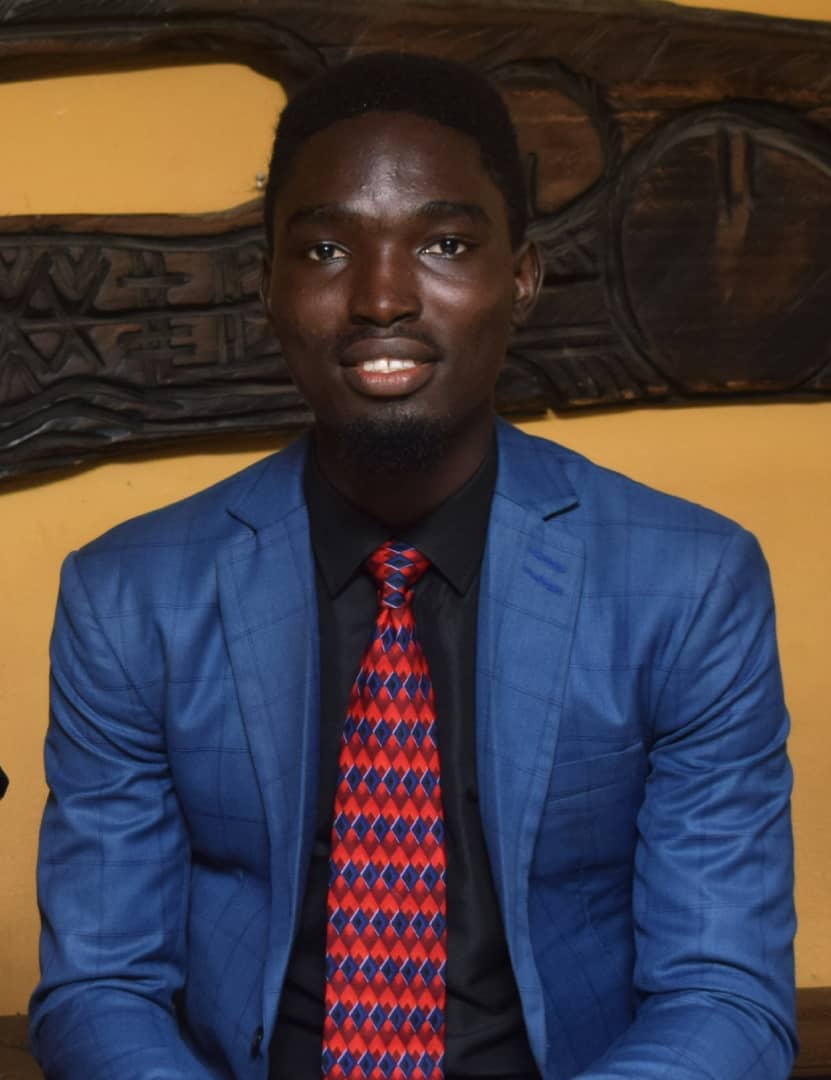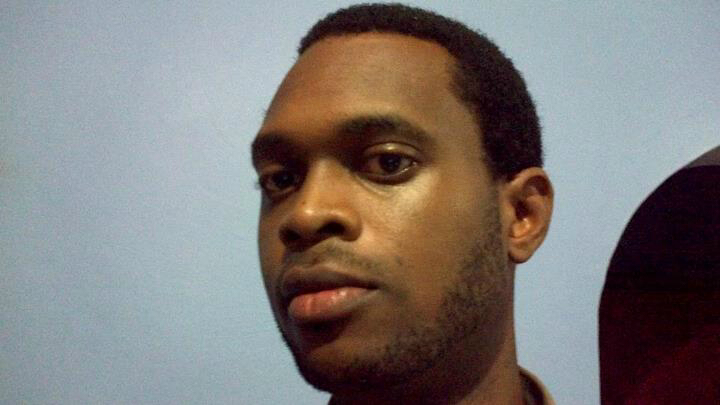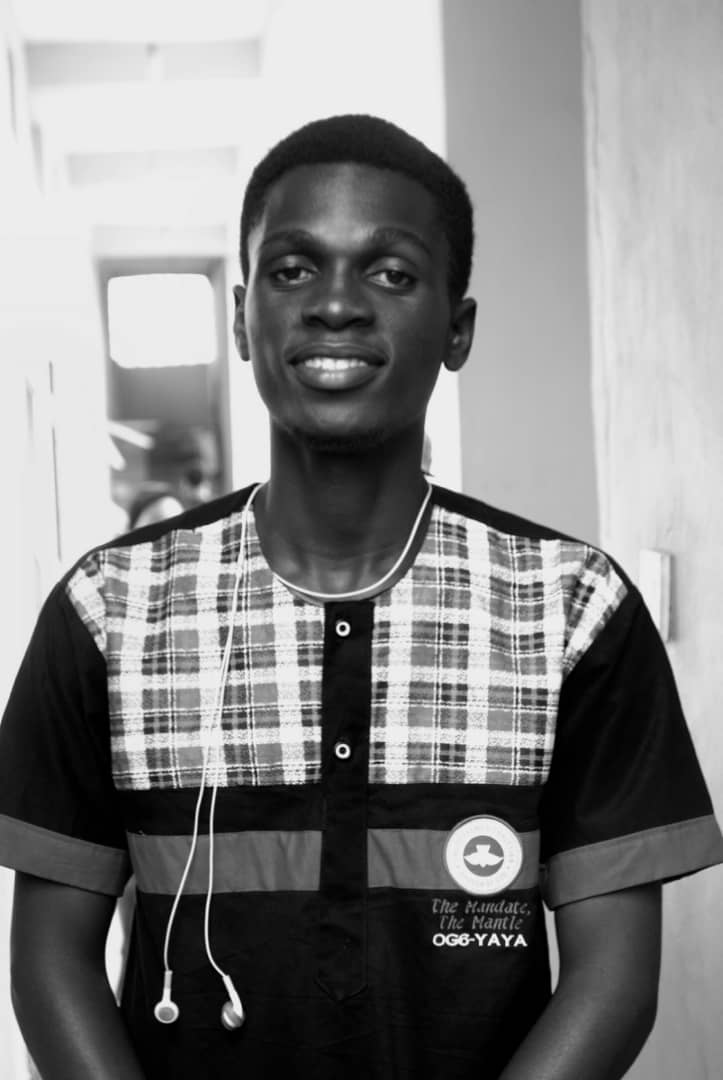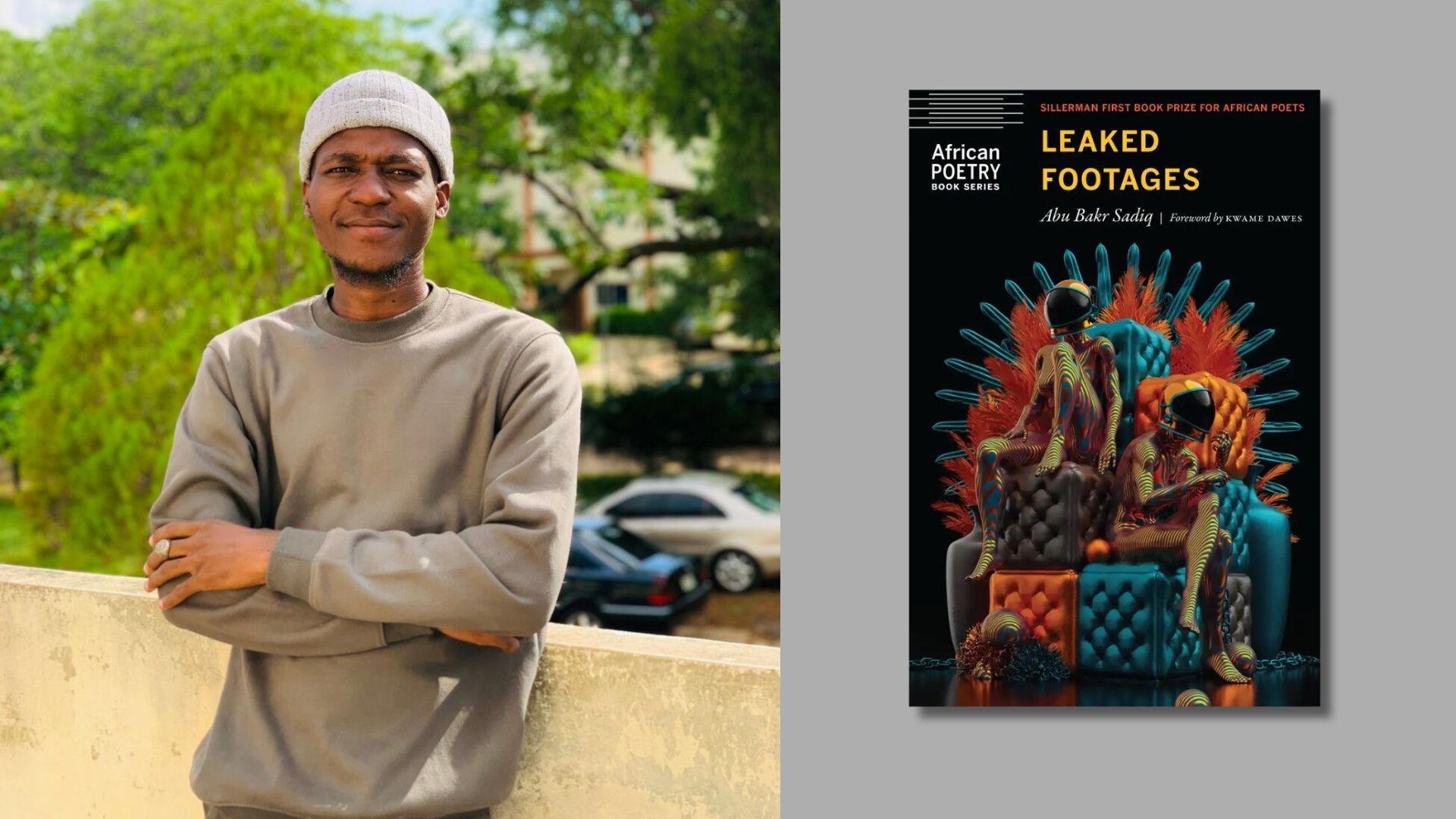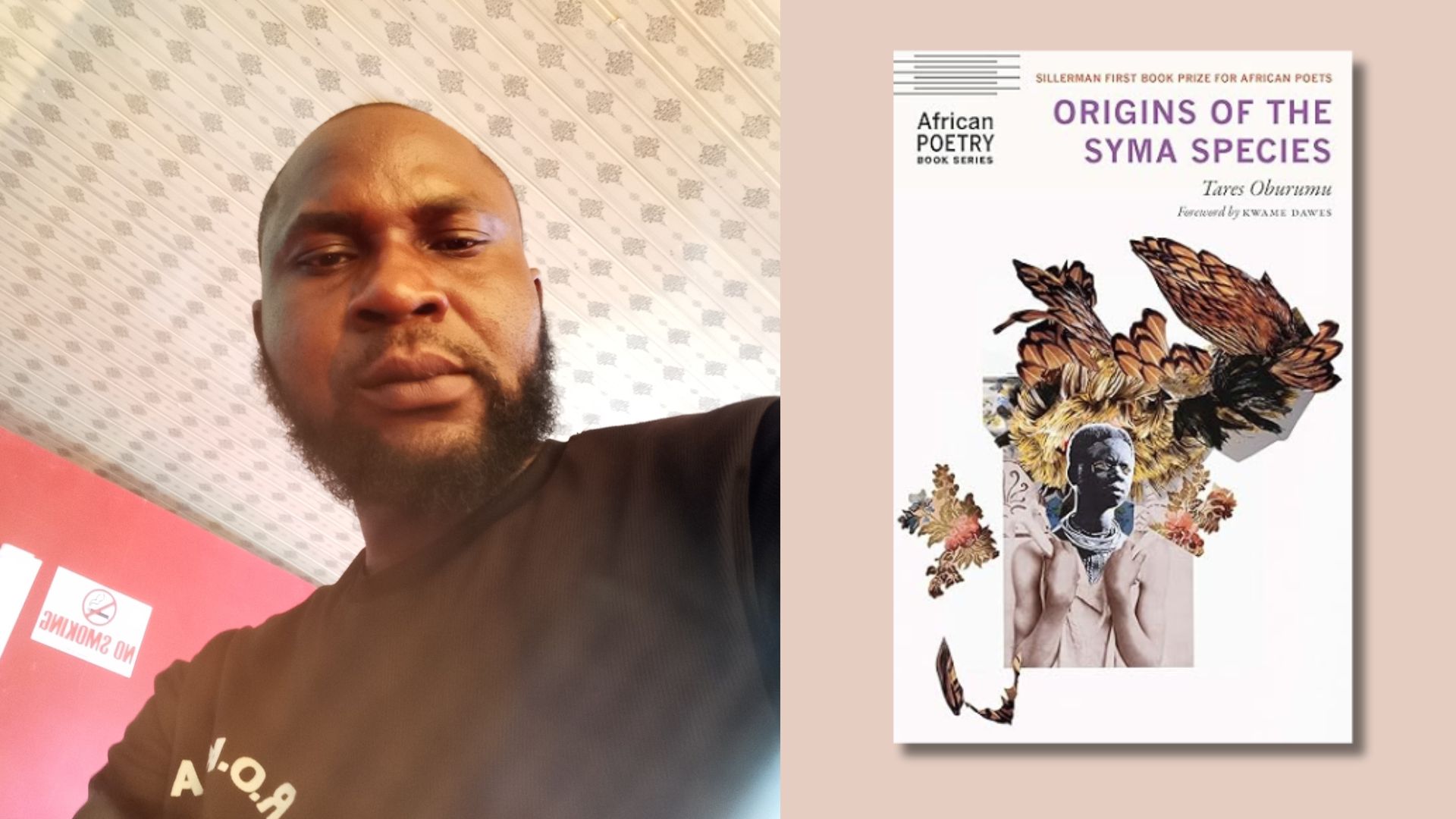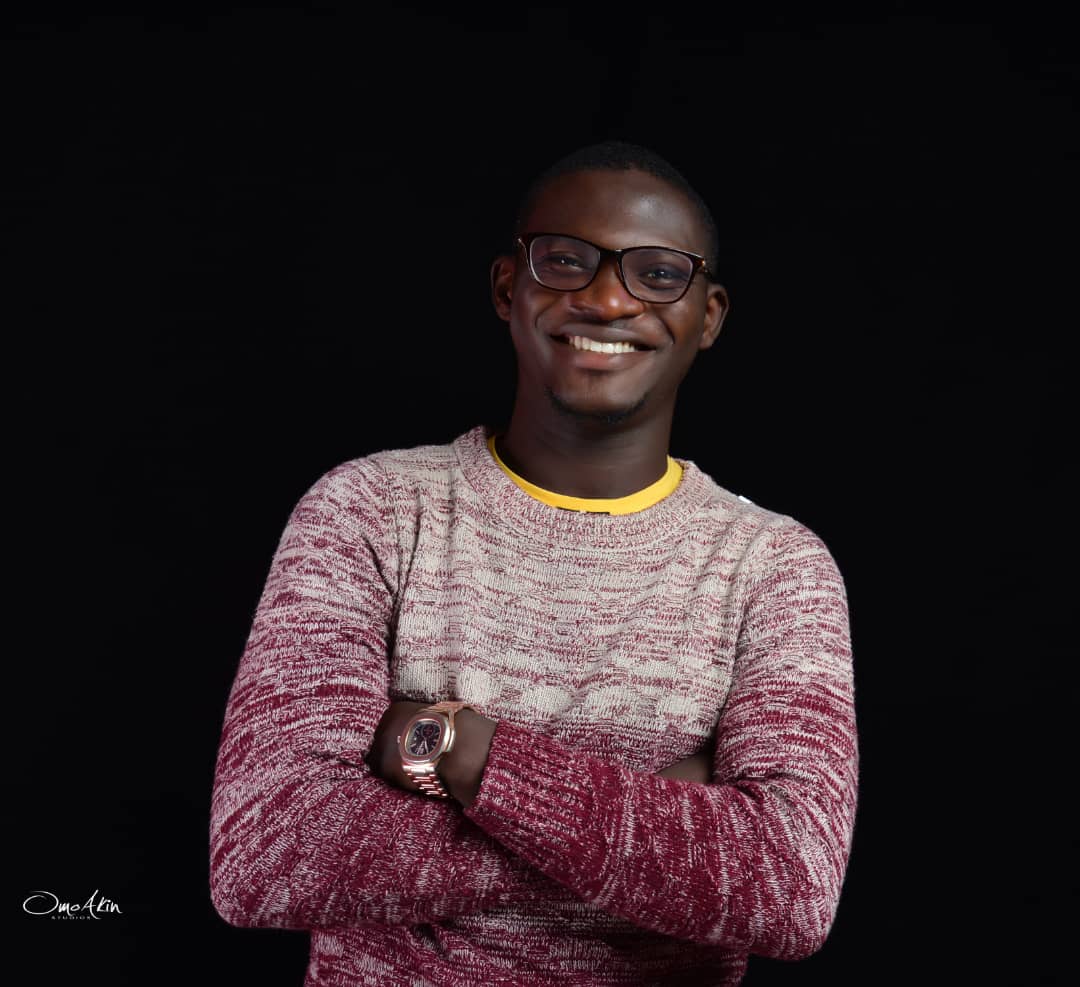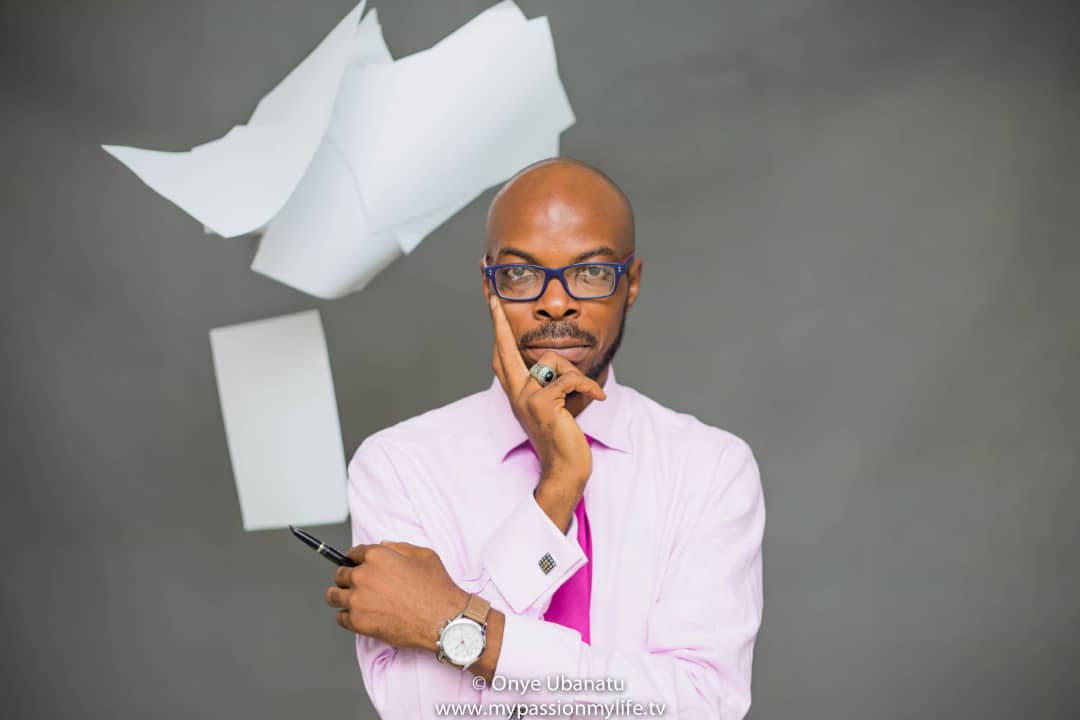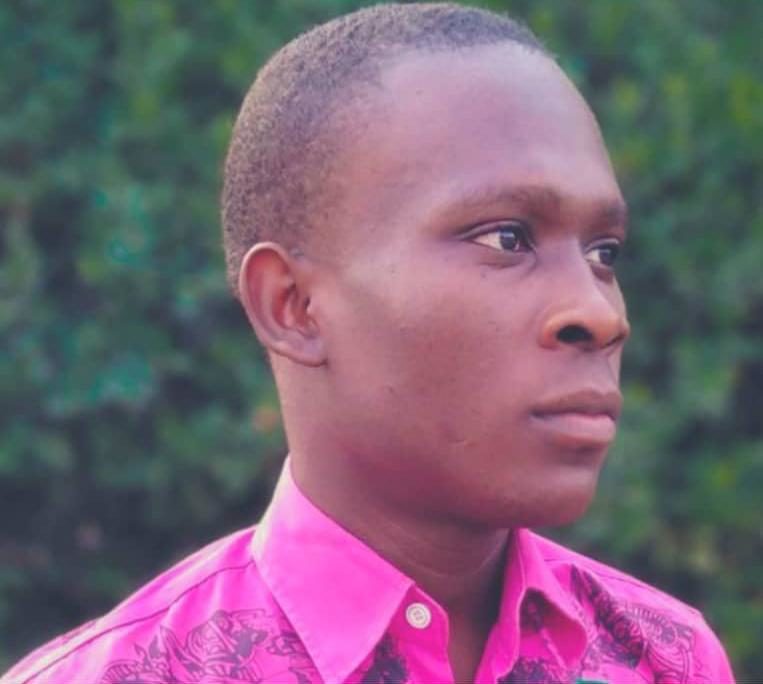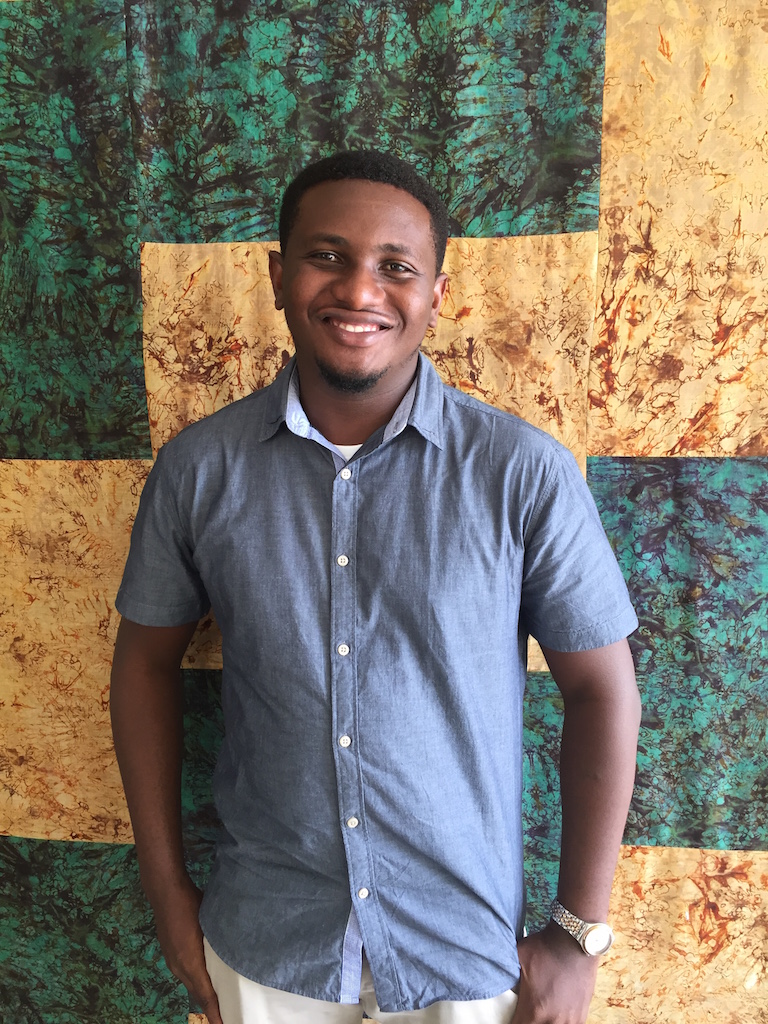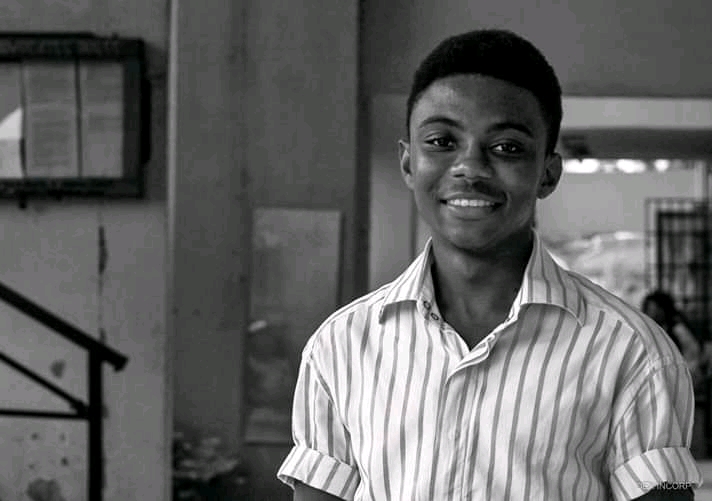Tosin Gbogi: Thank you, Tony, for this question and for granting me this interview. You are definitely right if you say the little I have done today is in one way or the other connected to politics. I think it’s not far from the truth if you even say, for instance, that my poetic focus and scholarly interests in African poetry, Early Modern Studies, Victorian Poetry, cultural studies and Linguistics are all united and inspired by the political. I am very interested in politics of the voice and dance (as we have in music), politics of the body (as we have in gender and sexuality studies), politics of dialects and Creoles (as we have in dialectology and Creolistics) as much as I am interested in the politics of international embarrassment and disillusionment that characterizes our so called ‘post-colonial’ state and the racial and racist politics in Shakespeare, Middleton and the London Lord Mayors’ pageants in general. I think there is a natural tendency for me to see beyond the literal in every primary data that I work with. Often, I try to ask myself how best to make what I do relevant to the society (really, I never stop asking that question) and the answer to that question always comes in the guise of one politics or the other. So you are correct if you situate my work within a political context. However, that is not all that there is to what I do or who I am. So I will say that there is definitely another side of me that is different from the self that is always grappling with political questions and inanities of our dear country and the world. For instance, I have been working in the past two years on a volume of poetry (“Where Do Secrets Go When They Die?”) that has love and city as central motifs. There is some politics in the little I have written so far but that’s not the main direction. That’s not the driving force. In this forthcoming volume, I am thinking of Audubon birds and Jesus Green’s Jesus Ditch in the same way I am thinking of journey as memory, as ritual. In the same way I am thinking of masquerades in my hometown, Oka Akoko, is also the same way I am fleshing out thoughts on Mardi Gras’ floats and masks. For me, therefore, there is little or no excitement in staying in one place or on one subject. The world has many planes; a write should be able to travel on many.
FA: I know you studied English, has this prepared you for your works or is creativity beyond the subject (English)?
TG: Studying English definitely helps. There is no denying that. Importantly, it gave me a good start in exploring the numerous possibilities of creative writing. Because training in English (with literature emphasis) is more or less an immersion programme in textual analyses and literary theories, there is often no escaping the motivation to craft. That partly explains, for instance, why all of this year’s (2013) shortlisted authors for the Man Booker have one background or the other in English. That also explains why our own literary figures such as Chinua Achebe, Wole Soyinka, J.P. Clark, Molara Ogundipe-Leslie, Niyi Osundare, Akachi Adimora-Ezeigbo, Zaynab Alkali, Remi Raji, Lola Shoneyin, Ismail Bala, Sule Egya, Sola Owonibi, Jumoke Verissimo, Toni Kan, Helon Habila, Hyginus Ekwuazi, Amatoritsero Ede, Obi Nwakanma and others too numerous to mention can also be located on that list. And if you just remove English and substitute it with another language or literature, the list expands and you will find Kole Omotoso, Femi Osofisan and Pius Adesanmi, too. So in a way, there is always the place of formal training in the bolstering of creative abilities. But to suggest that a creative writer must have formal training in Literature to be able to write well is to sound outrightly disingenuous. More than anything, a writer needs talent and the consistent use of it. Or how do you talk of Nigerian literature and omit such names as Elechi Amadi, Odia Ofeimun, Festus Iyayi (may his gentle soul rest well), Wale Okediran, Nnimmo Bassey, Adaobi Tricia Nwaubani, Rotimi Babatunde, Tade Ipadeola, Emmanuel Iduma, Dami Ajayi, Elnathan John, Niran Okewole and Ibukun Babarinde? (The list is endless). So really, having a degree or degrees in English does not presuppose an ability to be able to do creative writing. This is more so because the focus of English is broader than just creative writing. But I will say for me, studying English does help in every way.
FA: I listened to Kofi Awoonor’s last recorded speech the other day and noted he was talking about death. Writers and artistes do this a lot. Is death fascinating much or writers are just prophetic?
TG: Well, I think death is very fascinating a subject for creative writing and has always been. From John Donne’s ‘Death Be Not Proud’ to George Herbert’s ‘Grace’; from Tennyson’s In Memoriam inspired by the memory of his (Tennyson’s) deceased Cambridge friend, Arthur Hallam, to Coleridge’s The Rime of the Ancient Mariner; from Edgar Allan Poe’s ‘The Cask of Amontillado’ to Stephen Crane’s ‘The Open Boat’; from Osundare’s ‘For the One Who Departed’ to Hyginus Ekwuazi’s That Other Country and from Soyinka’s Death and the King’s Horseman to Ahmed Yerima’s Ajagunmale, death has been a sadly seductive subject for writers. And who can forget Okigbo’s Path of Thunder, too?
In the particular case of Awoonor, you will remember that as far back as 1971, the poet had published ‘A Journey Beyond’ in which he passionately requested of ‘Kutsiami the benevolent boatman;/ … [to] please ferry me across’ the river. You will also remember his ‘Songs of Sorrow’, poem which readily supplied the title of my tribute to him. What all of this suggests to me is not poetry’s intertwining fate with prophecy as a lot of people will have us believe. Instead, I am willing to believe that since writers (and artists in general) think of life very deeply, it is inevitable that they will also think of death, one of the last things. Interestingly, I am also persuaded to believe that here lies the boundary between artists and politicians, with the latter more inclined to think of life and nothing else. But beyond all this, death as a subject invests literary works with some intensity and soberness. Coupled with the fact that a lot of writers die in their prime or in mysterious circumstances, death, then, is an alluring concern to always engage. So for me: prophecy, No. Fascination, Yes.
.jpg)
FA: Sapiosexual/Sapiosexualism seems to find its way into conversations frequently now, is this good for the arts or just a fad?
TG: Either it is a fad or not, I think sapiosexualism is a good thing for the arts (for the sciences, too) and for the liberation of the mind in such a country as ours. Though the whole stuff—like everything else around us—can be highly exaggerated. It can be pretentious, too. For instance, a quick “visit” to Facebook or Twitter presents you with a battalion of soldiers trying to outdo one another in sane and insane wars of words. There are those who make us believe that without any training (and even when their analyses are clearly no more than trifles), they are better in exegesis than professors of Literature and there are those who update us every minute of the way with the latest books they are reading. There is also the point that everyone now bandies the phrase “literary critic” around in very astounding but “intelligent” ways. You see, it might even be tempting to believe that everyone in these online social networking sites is highly intelligent. That’s the sense of the exaggeration and pretension that I am talking about. But again, either exaggerated or not, I will say what matters is that we are now getting attracted to intelligence like never before; literacy is rising. Some people are genuinely recommending books to us and we are reading them. Some great minds are writing on a myriad of problems and they are solving for us so many puzzles. So from whichever angle you look at it and either you are a pessimist or an optimist, sapiosexualism (the word itself a meta-comment) is a good one for the future of arts (and sciences).
FA: Would you think that poetry’s value in romance is overstated/unnecessary these days or not? And here let’s focus on modern Nigerian poetry in relation to poetry elsewhere.
TG: Well, Tony, I want to believe you have been reading a lot of foreign volumes these days. (Laughs.) As far as I know, modern Nigerian poetry is still largely absorbed in politics. Take Remi Raji’s Sea of My Mind, for instance. Though with a very engaging section on love, a lot of the poems in that volume are channelled in the direction of what Sule Egya aptly describes as Raji’s “Nationalist Imagination.” Likewise if you take Tade Ipadeola’s The Sahara Testaments, you will find a lot of blood, less love, less romance and again, a lot of pains. Afam Akeh’s Letter Home and Biafran Nights is also not about laughter and romance. It’s partly about the ‘love [that] changed/ and [how] we changed with it’, ‘the restless memory of Biafra’s trouble’ and other sore recollections. And when you take Olu Oguibe’s collected poems, I Am Bound to This Land by Blood, can you ever miss these haunting lines from the poem ‘Conversation’: ‘There are no nations/ Only the imagination’? And if you read to the end of the book, can you miss the climax of the anguish in the last poem ‘Pledge’? When you pick other volumes published between this year (2013) and last year (2012), you can’t miss these all-pervasive pains, neither. So what I believe is that though the value of poetry in romance in Western countries may have been overstated, even overworked, the same cannot be said of Nigeria and Africa where poetry’s value in romance is understated and politics is still necessarily on the front burner of poetic engagements. We need more poets, then, to go the route of romance and I think Spoken Word is taking the lead with regard to that. This is good enough for the diversity of our poetry.
FA: Thank you for your time, Tosin Gbogi.
TG: I should thank you, more, Tony.
*Happy New Year everyone! Thanks for always reading/sharing.

